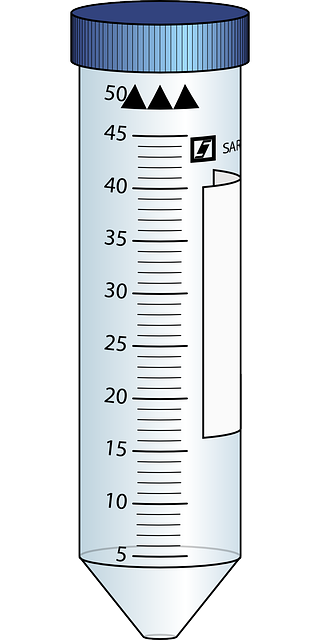The UK Standard Thyroid Blood Test is a vital diagnostic tool that measures key hormones (T3, T4, TSH) regulating metabolism and body functions. It helps identify thyroid disorders like hyperthyroidism, hypothyroidism, and thyroiditis, with normal ranges typically: TSH 0.4-4.0 mU/L, T3 1.0-2.0 ng/dL, and T4 5.0-12.0 ng/dL. Fasting for 10-12 hours before the test is crucial for accurate results, which guide personalized treatment decisions.
“Explore the essential tools for UK patients’ thyroid health with our comprehensive guide. Understanding Thyroid Function Tests is pivotal for maintaining optimal well-being. This article delves into the intricacies of the UK Standard Thyroid Blood Test, detailing what it entails and how to interpret results. Learn about the key components of this test, crucial for diagnosing thyroid conditions. Whether you’re seeking knowledge or preparation tips, this resource provides valuable insights into managing your thyroid health through informed understanding of these standard tests.”
- Understanding Thyroid Function Tests in the UK
- What is Included in a Standard Thyroid Blood Test?
- How to Prepare and Interpret Your Results
Understanding Thyroid Function Tests in the UK
In the UK, understanding thyroid function tests is crucial for patients navigating potential thyroid disorders. The UK Standard Thyroid Blood Test is a comprehensive assessment that includes measuring levels of thyroxine (T4), triiodothyronine (T3), and thyroid-stimulating hormone (TSH). These hormones play a vital role in regulating metabolism, influencing everything from energy levels to body weight. An abnormal TSH level often indicates thyroid dysfunction, whether it’s an overactive (hyperthyroidism) or underactive (hypothyroidism) thyroid gland.
The blood test provides valuable insights into thyroid health, helping healthcare professionals diagnose conditions like Graves’ disease, Hashimoto’s thyroiditis, and thyroid cancer. Regular monitoring through this standard test is essential for managing thyroid disorders effectively, ensuring patients receive the appropriate treatment tailored to their specific needs in the UK healthcare system.
What is Included in a Standard Thyroid Blood Test?
A UK Standard Thyroid Blood Test typically assesses the levels of thyroid hormones in your blood, namely T3 (triiodothyronine) and T4 (thyroxine), as well as a hormone called TSH (thyroid-stimulating hormone). These hormones play a crucial role in regulating metabolism, body temperature, heart rate, and growth. The test involves taking a small sample of your blood, usually from a vein in your arm, using a needle. This sample is then analysed in a laboratory to measure the concentrations of T3, T4, and TSH.
The results of this test can help diagnose various thyroid conditions, such as hypothyroidism (low thyroid function), hyperthyroidism (high thyroid function), or thyroiditis (inflammation of the thyroid). It’s often recommended for patients experiencing symptoms like fatigue, weight changes, hair loss, or abnormal menstrual cycles, allowing healthcare professionals to make informed decisions about treatment options.
How to Prepare and Interpret Your Results
Preparing for Your Exam
Before your UK Standard Thyroid Blood Test, it’s important to fast for at least 10-12 hours. This ensures that your results reflect your baseline thyroid function. Avoid any food or drink except water during this period. On the day of your test, make sure to bring your referral letter from your GP and any relevant medical history.
Interpreting Your Results
Your test results will include levels for TSH (Thyroid Stimulating Hormone), T3, and T4. These hormones play a crucial role in regulating your metabolism. Normal ranges vary slightly between labs, but generally: TSH levels should be between 0.4 to 4.0 mU/L, T3 around 1.0 to 2.0 ng/dL, and T4 between 5.0 to 12.0 ng/dL. If your results fall outside these ranges, it could indicate a thyroid condition. Always discuss your results with your healthcare provider for personalized advice.
A UK standard thyroid blood test is a vital tool for assessing thyroid function, offering insights into potential health issues. By understanding the components of this test and properly preparing, individuals can take an active role in managing their thyroid health. Interpreted correctly, results can guide medical decisions, ensuring optimal well-being.
